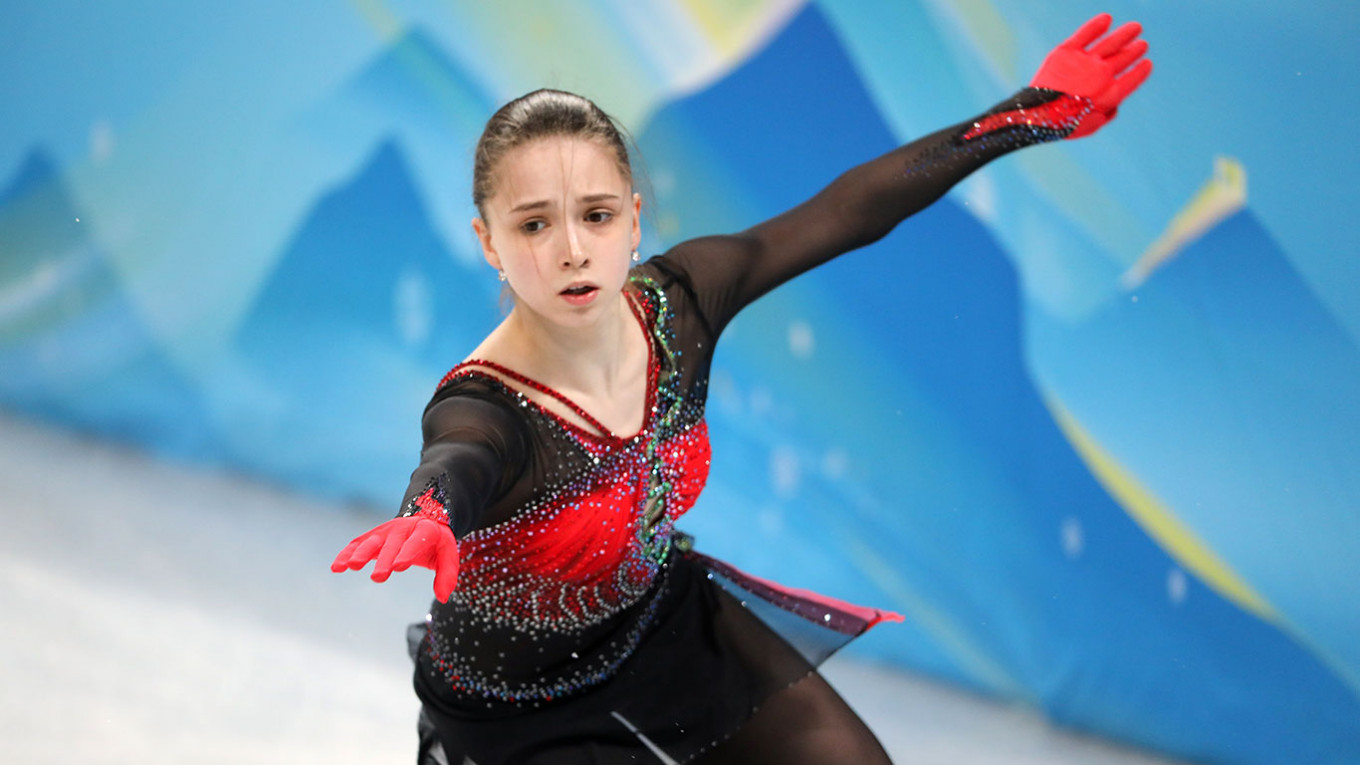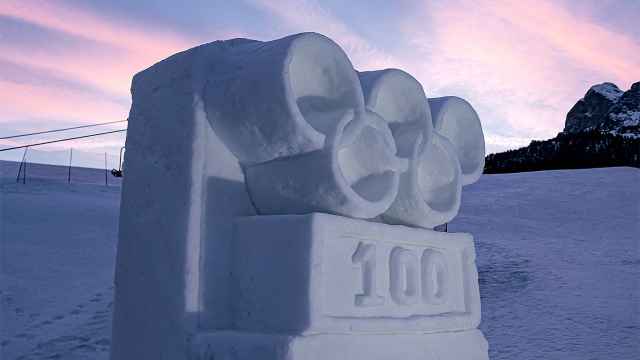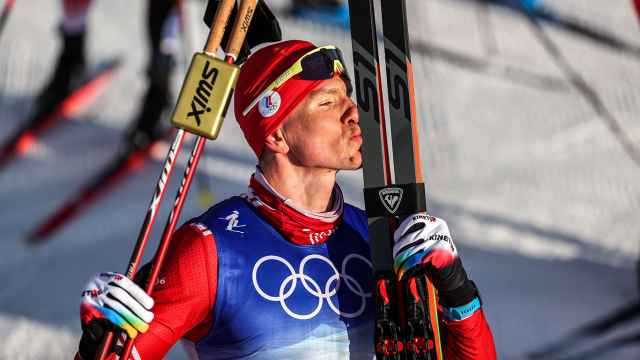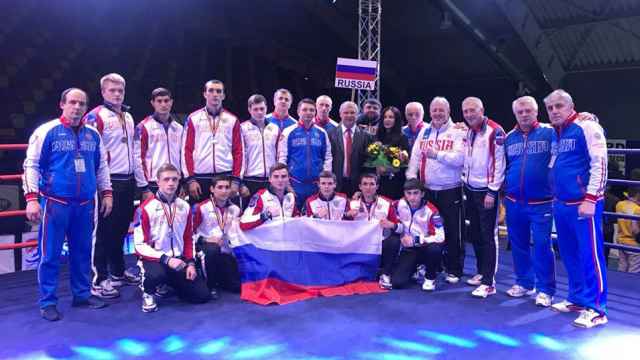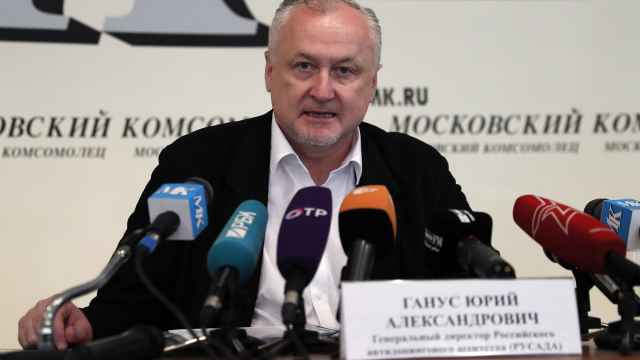Russian skating star Kamila Valieva took to the ice in a stuttered and underwhelming performance at the Beijing Winter Olympics on Thursday, missing her shot at a medal in the women’s singles event that she was expected to easily win.
For many onlookers, the 15-year-old prodigy’s mere presence in the final was a calamity for the sport.
Soon after she became the first female skater in history to land a quad jump at the Winter Olympics in last week’s team event, it was revealed that Valieva tested positive in December for a banned heart medication that increases blood flow and aids endurance.
The scandal has cast a shadow over a Winter Olympics that was to be Chinese President Xi Jinping’s opportunity to present a more cordial China after a series of diplomatic boycotts of the Games over alleged human rights abuses.
"I am so angry. The ladies event is a complete joke," former Team USA skater Adam Rippon tweeted Monday. "So many Olympic experiences were stolen from clean athletes who got here without the help of performance-enhancing drugs. What a shame."
Valieva denies doping, saying she believes a mix-up with her grandfather’s medication is behind her positive test result.
Despite the International Testing Agency’s (ITA) findings, the Court of Arbitration (CAS) allowed Valieva to continue competing in the Games, citing “exceptional circumstances” including her age.
The ruling angered many fellow competitors, who believe the case is a further example of Russia — which is already formally banned from the Games over past doping violations — getting an illegal upper hand against their opponents.
"I think it's completely unfair to the rest of the competitors," said Chinese-American skater Zhu Yi. "It's the fact that everybody else is clean and she tested positive."
Yet for many on the Russian side, the ruling against Valieva and the vilification of one of the sport’s greatest ever talents is another display of the International Olympic Committee’s anti-Russian agenda.
“The IOC, in my opinion, has been pursuing an anti-Russian policy for a long time,” Katya Gordon, the founder of the Sports Legal Protection Federation law firm which advocates for the rights of Russian athletes, told The Moscow Times.
The scandal, which came to light Feb. 8 despite Valieva taking the test last December, was deliberately set up by the World Anti-Doping Association (WADA) to humiliate Russia on the grandest stage, many Russian fans believe.
WADA said the delayed result was due to the Russian Anti-Doping Committee (RUSADA) not fast-tracking Valieva’s sample, which critics cite as another example of the Russian side failing to follow protocol.
The Russian Olympic Committee entered Beijing tipped for a clean sweep of the medals in figure skating, with skaters trained by the highly successful trainer Eteri Tutberidze winning gold in almost every major event in 2021.
Yet following Valieva’s failed test, Tutberidze, already criticized for her militant training methods — which seem to demand victory at any cost — have come under increased fire.
IOC head Thomas Bach announced Friday that an investigation will be launched into Tutberidze for potential “child abuse” after the ugly scenes that followed the free skate final on Thursday afternoon.
“When I saw how coldly she [Valieva] was received from the ice by her coaches. They didn’t try to comfort her, it just shocked me,” Bach said.
Meanwhile, Valieva’s teammate Alexandra Trusova, who won the silver medal in the event, broke down in front of the cameras, shouting “I hate skating. I hate it. I hate this sport. I will never skate again. Never.”
Skating expert David Lease described the scenes as “displaying so many layers of abuse” on The Skating Lesson blog’s Twitter page.
For Gordon, the allegations against Valieva and her team are an attempt by the IOC to topple Russia’s dominance in the sport.
“Sports today is full of politics. In some ways, we are to blame for certain things that happened in the past, but now we are only to blame for the fact that we are the best in this sport.”
Despite the scandal, the Russian Olympic Committee team took the gold and silver medals in the event, with Anna Shcherbakova and Alexandra Trusova blowing away the rest of the field.
A Message from The Moscow Times:
Dear readers,
We are facing unprecedented challenges. Russia's Prosecutor General's Office has designated The Moscow Times as an "undesirable" organization, criminalizing our work and putting our staff at risk of prosecution. This follows our earlier unjust labeling as a "foreign agent."
These actions are direct attempts to silence independent journalism in Russia. The authorities claim our work "discredits the decisions of the Russian leadership." We see things differently: we strive to provide accurate, unbiased reporting on Russia.
We, the journalists of The Moscow Times, refuse to be silenced. But to continue our work, we need your help.
Your support, no matter how small, makes a world of difference. If you can, please support us monthly starting from just $2. It's quick to set up, and every contribution makes a significant impact.
By supporting The Moscow Times, you're defending open, independent journalism in the face of repression. Thank you for standing with us.
Remind me later.



